Violent crime surges in US cities: is 'Ferguson effect' to blame?
Police say criminals are exploiting the wave of anti-police sentiment in the wake of nationwide protests
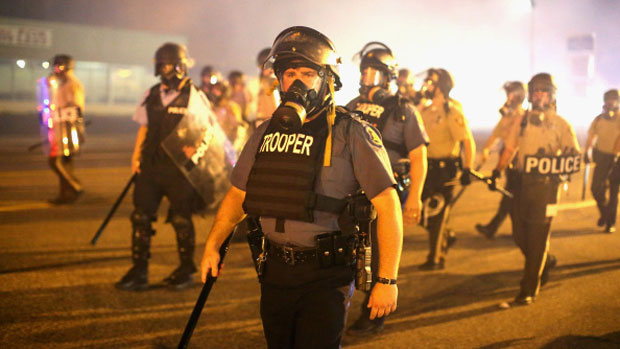
Violent crime is increasing in several of the largest cities in the US, bucking a two-decade trend of falling crime rates across America.
Murders and gun crime are up in the country's four biggest cities, including in New York, the nation's poster child for crime reduction, says NBC. In Los Angeles, violent crime rates are up by more than 25 per cent over the same period the previous year.
Several high ranking police officers have linked a surge in violent crime to the wave of anti-police sentiment. The deaths of several black men at the hands of white police officers in Ferguson, New York and most recently Baltimore sparked nationwide protests and riots against aggressive police tactics, including stop-and-frisk tactics and the use of force. At least 385 people have been shot and killed by police nationwide during the first five months of this year, according to a recent Washington Post investigation.
Subscribe to The Week
Escape your echo chamber. Get the facts behind the news, plus analysis from multiple perspectives.

Sign up for The Week's Free Newsletters
From our morning news briefing to a weekly Good News Newsletter, get the best of The Week delivered directly to your inbox.
From our morning news briefing to a weekly Good News Newsletter, get the best of The Week delivered directly to your inbox.
The protests have created a "Ferguson effect", which makes criminals more brazen and police officers more cautious, president of the Baltimore police union Lieutenant, Gene Ryan, told The Times. His city endured its deadliest month in more than four decades following the death of an unarmed black man in police custody. "If this continues, it's going to be a bloody summer," said Ryan.
Former police officer and professor of policing, Peter Moskos agrees. "If there's a national mood that starts to see police as the bad guys, the police as the enemy responsible for these problems, it makes it a hell of a lot harder to police," he said. "One way that cops deal with that is that they just stop policing those people."
But others argue that linking the protests to an increase in crime is misleading. "This is all part of an attempt to tell black people that if we exercise our First Amendment rights, we are somehow now responsible for people who engage in crime," said CNN political analyst Van Jones. "Why should the black community have to choose between police abuse and police neglect? That's a false choice."
Harold Pollack, co-director of the University of Chicago Crime Lab says it's too early to say what is behind the upward trend in violent crime and that it could be linked to a number of factors. What is clear is that public safety is joint product of the police and the community, he said. "Each side has to trust each other, and when that trust breaks down, it's very hard for police to do its job and for the community to do its part as well."
A free daily email with the biggest news stories of the day – and the best features from TheWeek.com
-
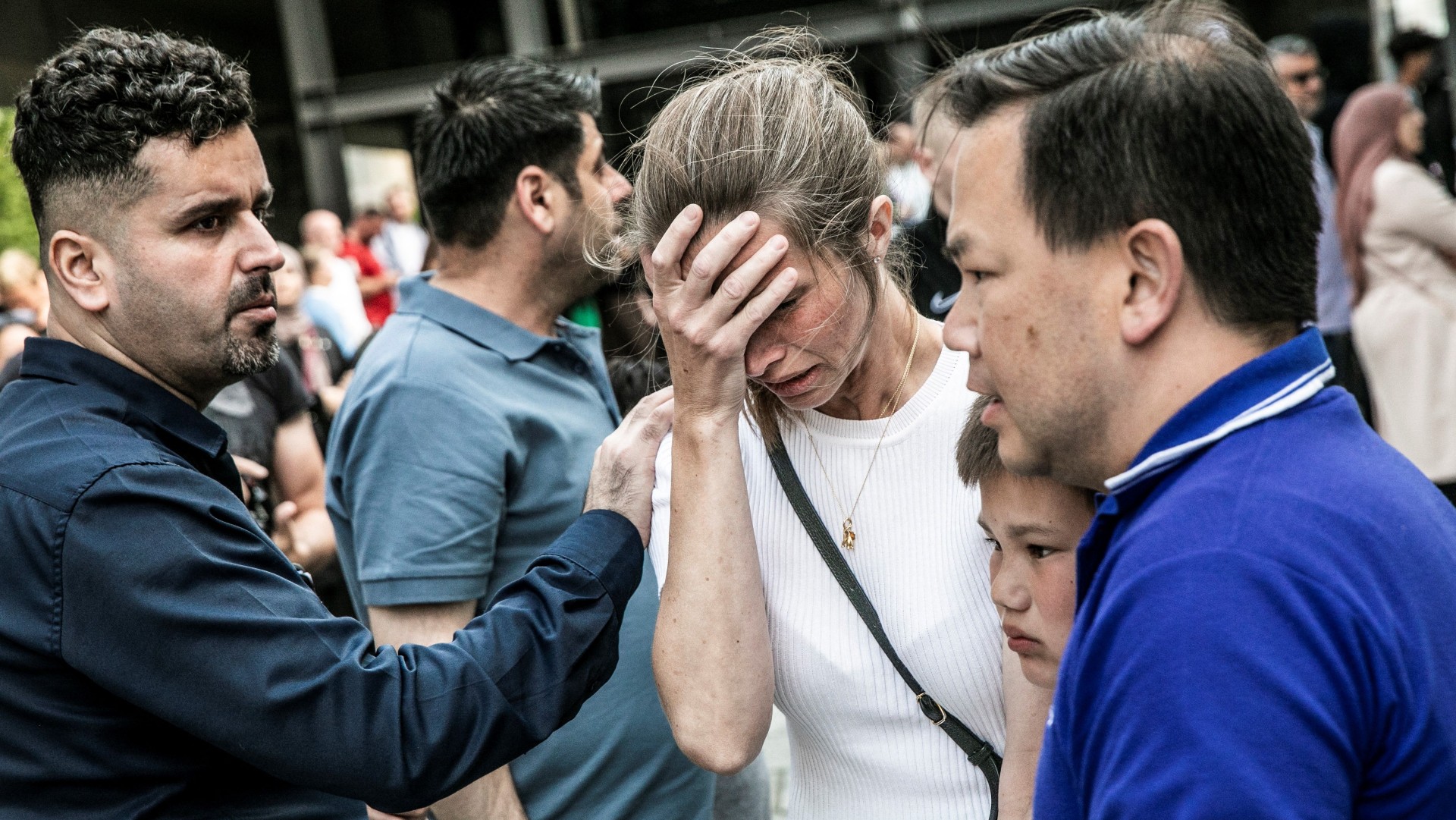 What we know about the Copenhagen mall shooting
What we know about the Copenhagen mall shootingSpeed Read Lone gunman had mental health issues and not thought to have terror motive, police say
-
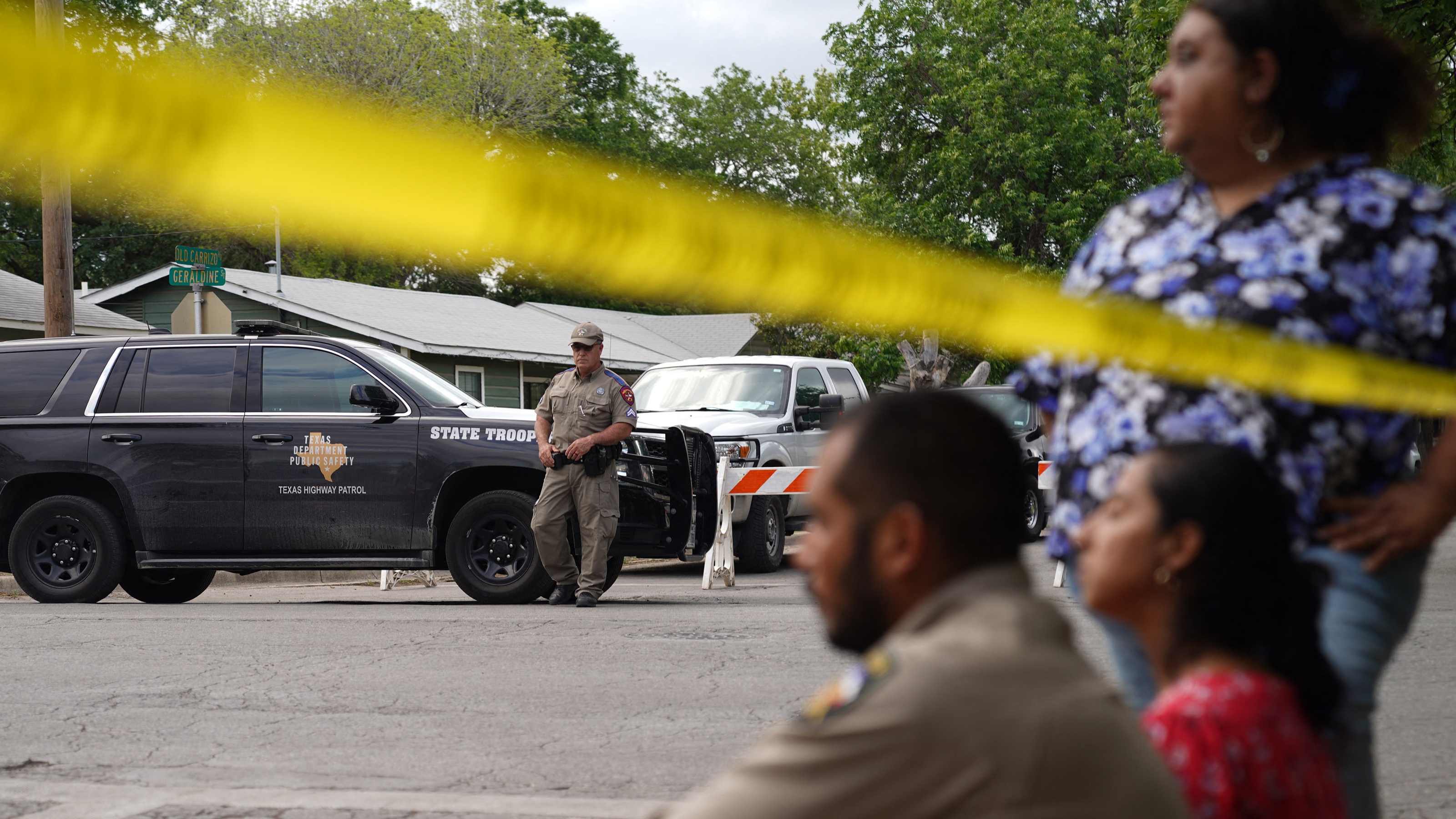 Texas school shooting: parents turn anger on police
Texas school shooting: parents turn anger on policeSpeed Read Officers had to be urged to enter building where gunman killed 21 people
-
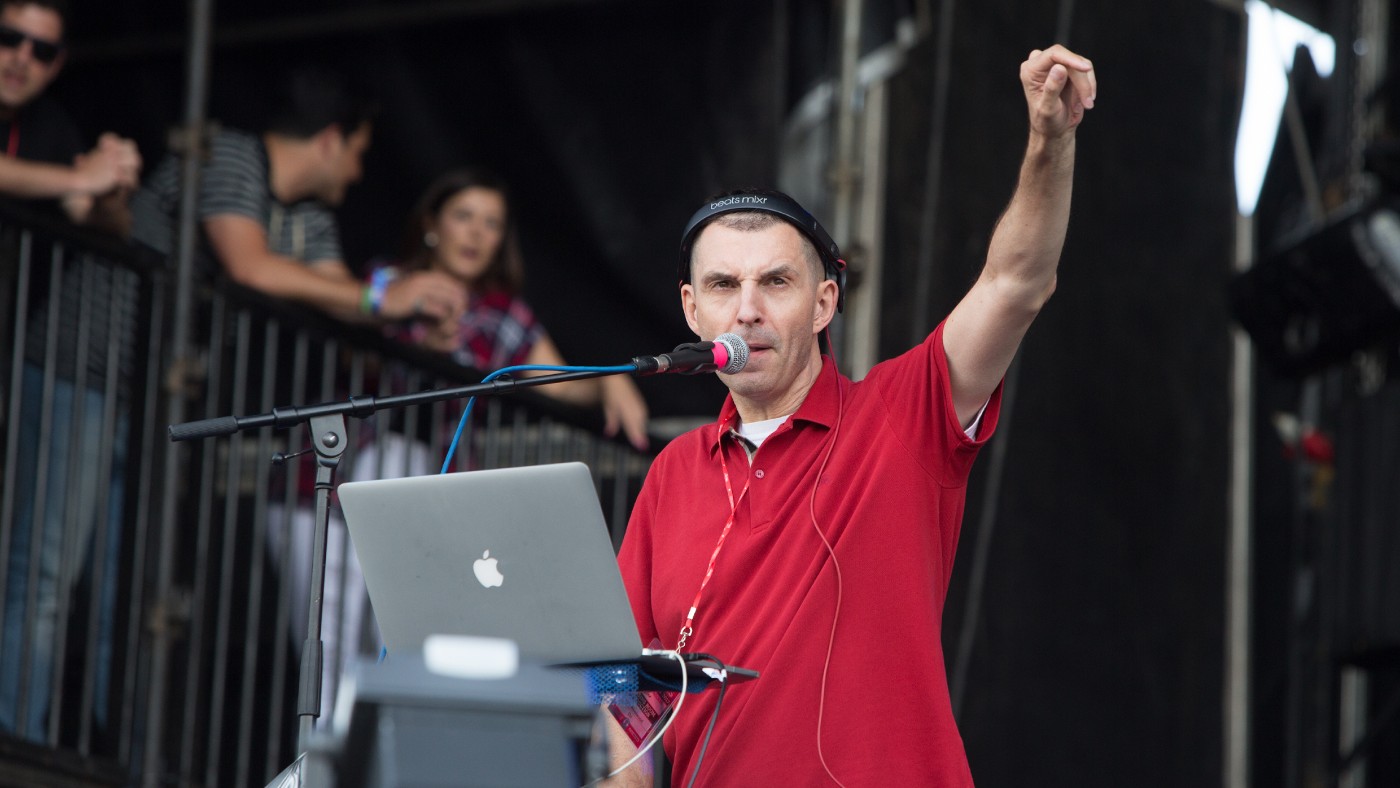 DJ Tim Westwood denies multiple sexual misconduct allegations
DJ Tim Westwood denies multiple sexual misconduct allegationsSpeed Read At least seven women accuse the radio and TV presenter of predatory behaviour dating back three decades
-
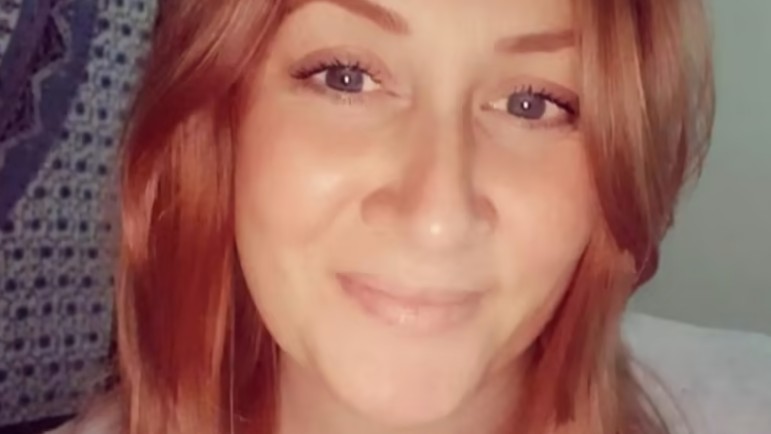 What happened to Katie Kenyon?
What happened to Katie Kenyon?Speed Read Man charged as police search for missing 33-year-old last seen getting into van
-
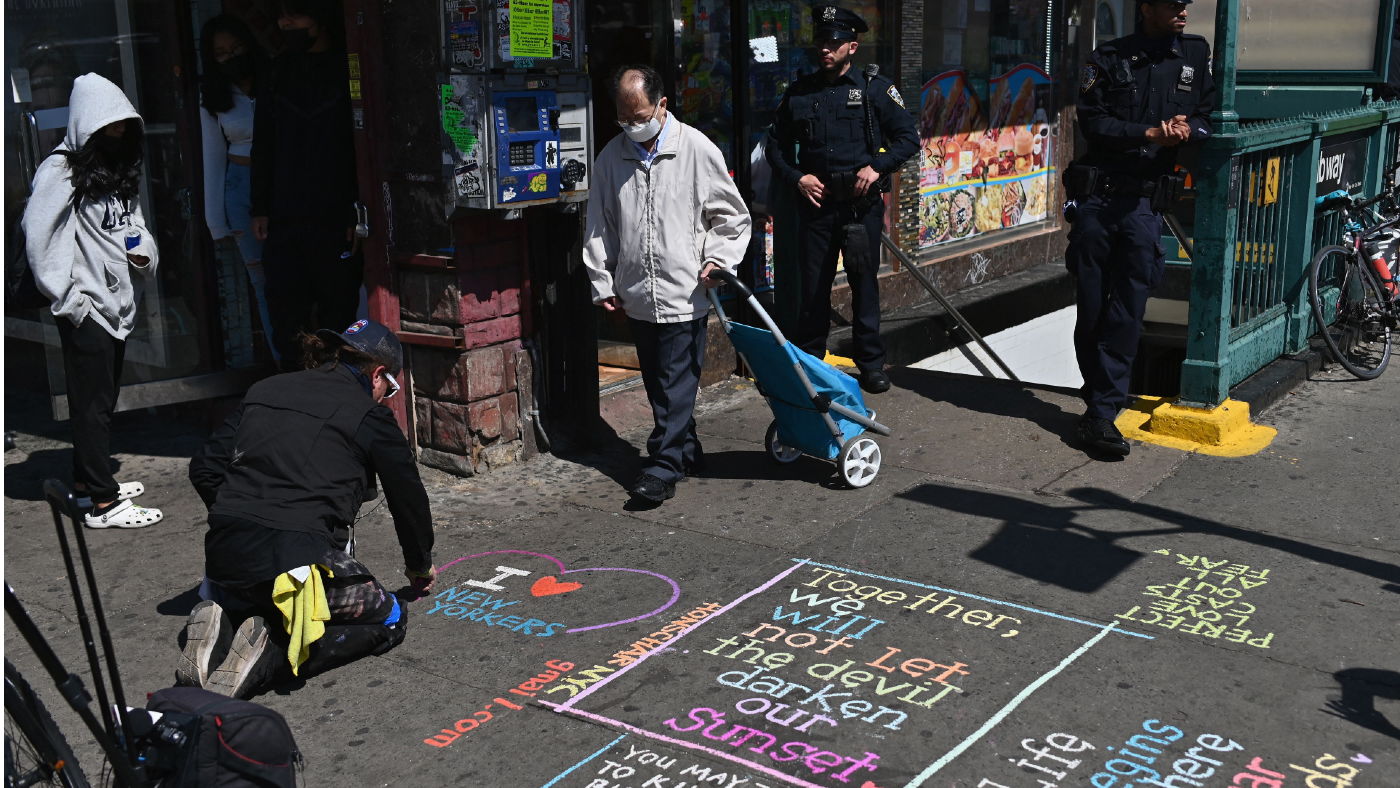 Brooklyn subway shooting: exploring New York’s ‘steep decline in law and order’
Brooklyn subway shooting: exploring New York’s ‘steep decline in law and order’Speed Read Last week, a gunman set off smoke bombs and opened fire on a rush-hour train in the city
-
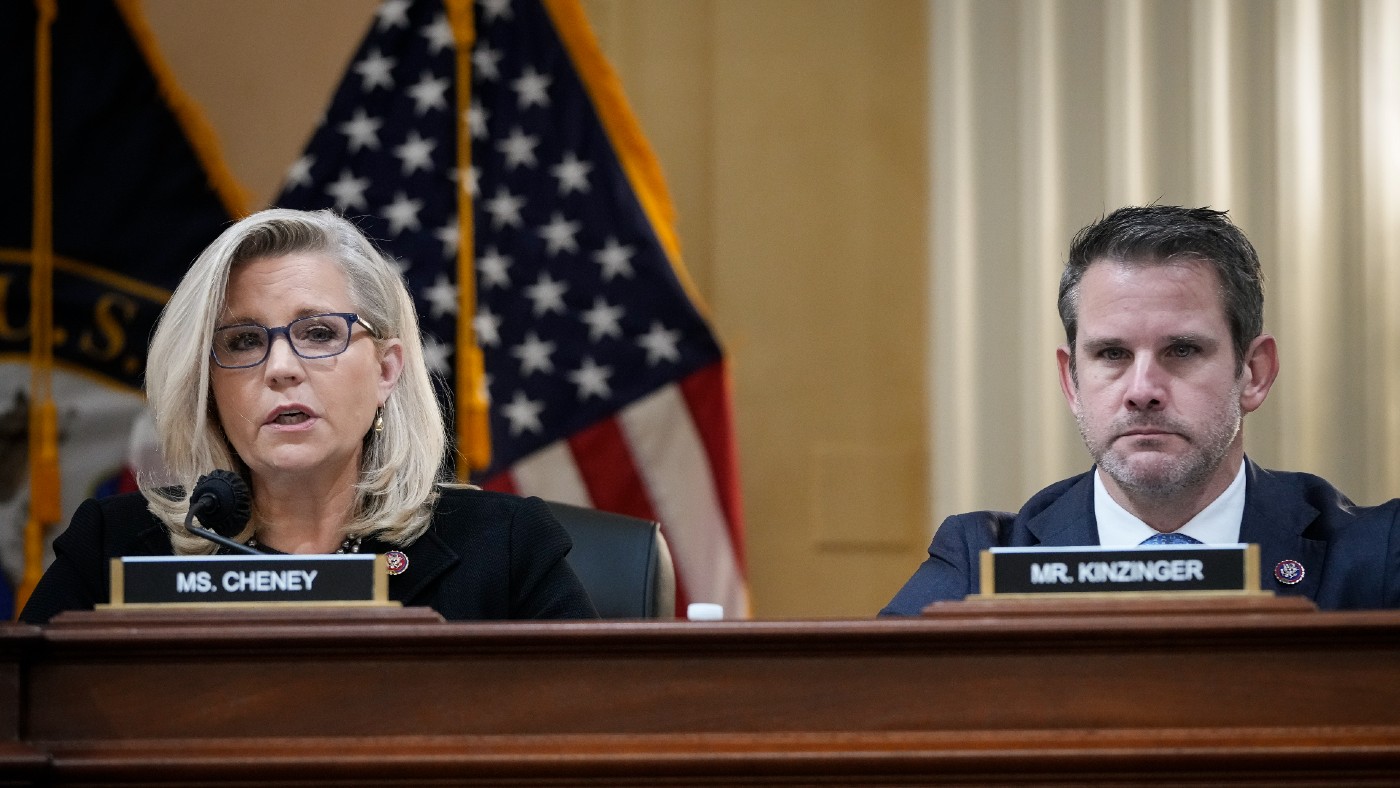 How the Capitol attack investigation is splitting the Republicans
How the Capitol attack investigation is splitting the RepublicansSpeed Read Vote to censure two Republican representatives has revealed deep divisions within party
-
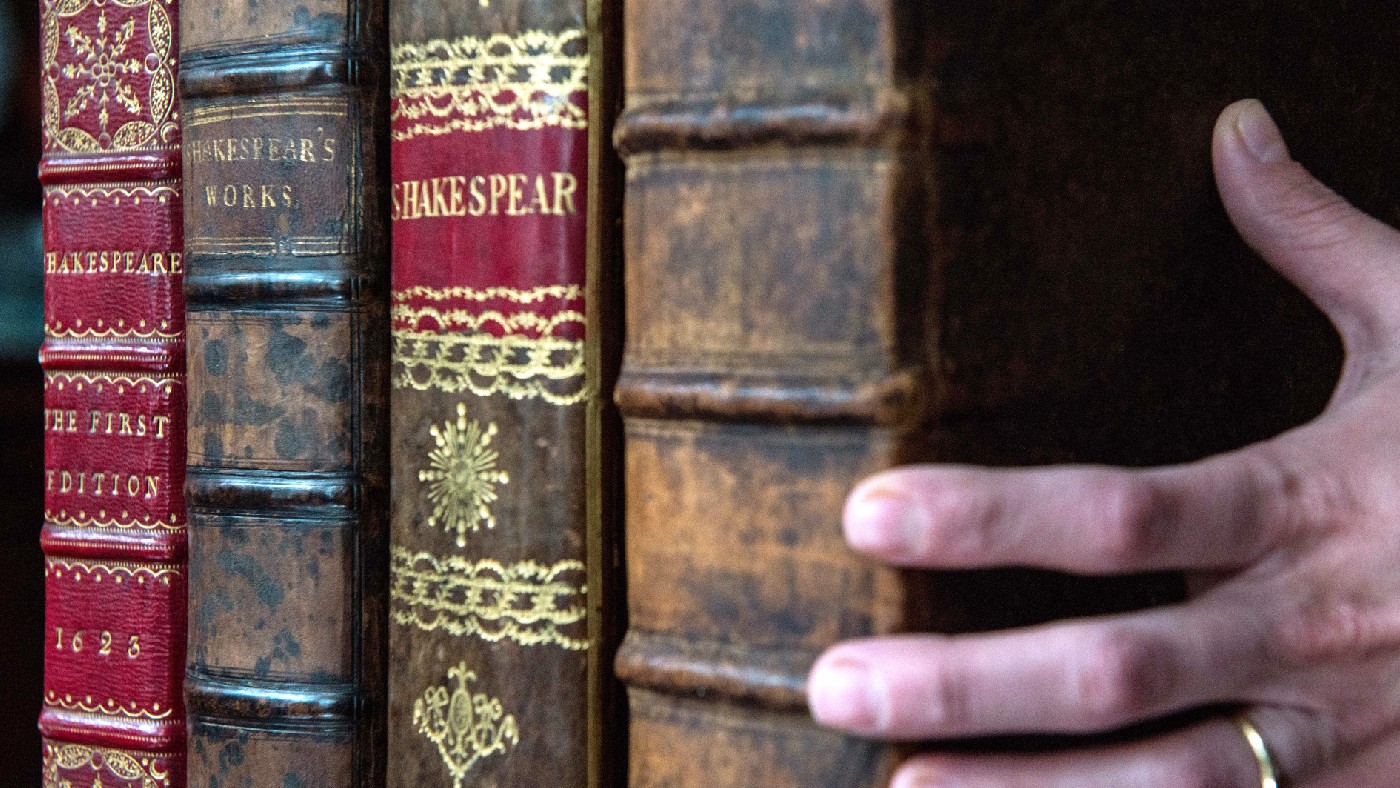 Is sentencing a Nazi sympathiser to read Shakespeare an appropriate punishment?
Is sentencing a Nazi sympathiser to read Shakespeare an appropriate punishment?Speed Read Judge seemed to think introducing student ‘to high culture’ would ‘magically make him a better person’ said The Daily Telegraph
-
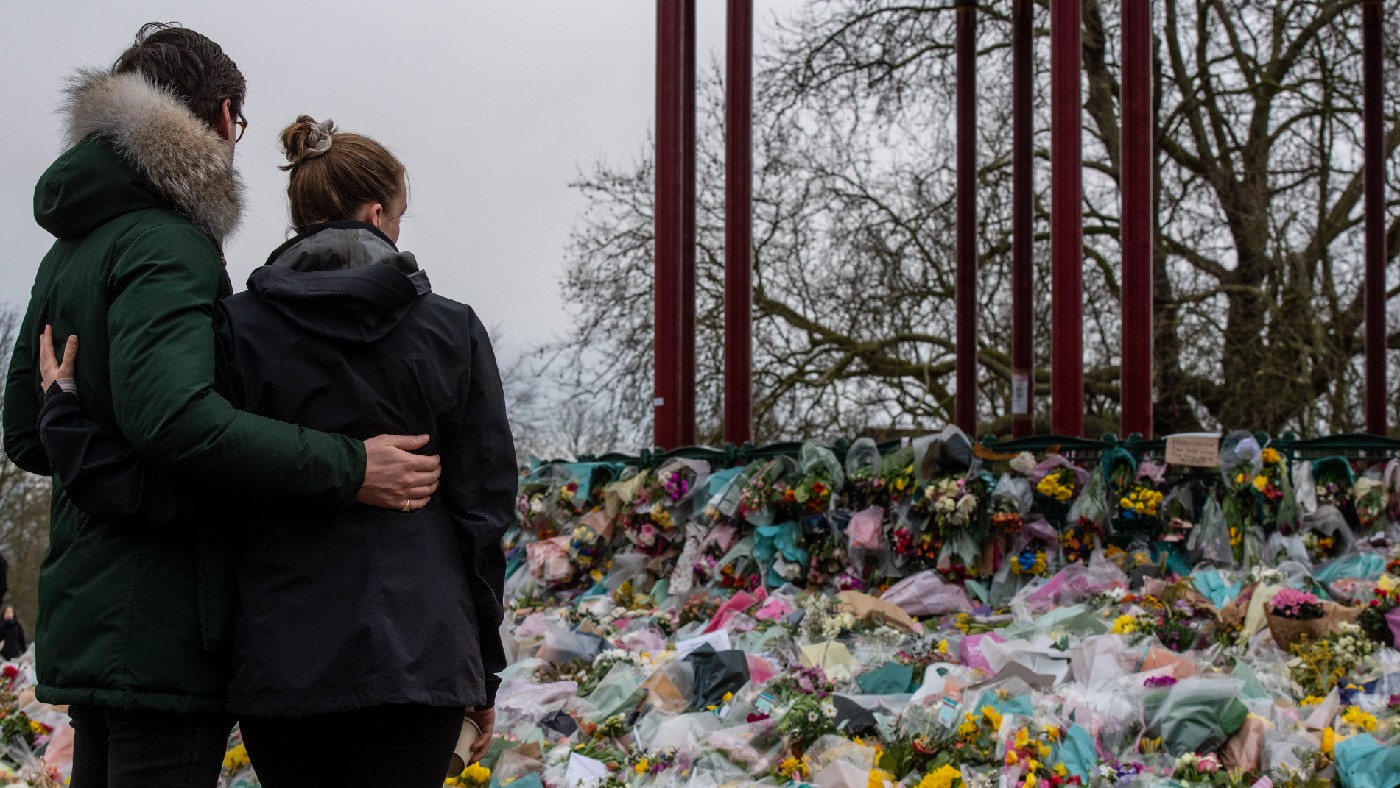 Sarah Everard’s murder: a national reckoning?
Sarah Everard’s murder: a national reckoning?Speed Read Wayne Couzen’s guilty plea doesn’t ‘tidy away the reality of sexual violence’


